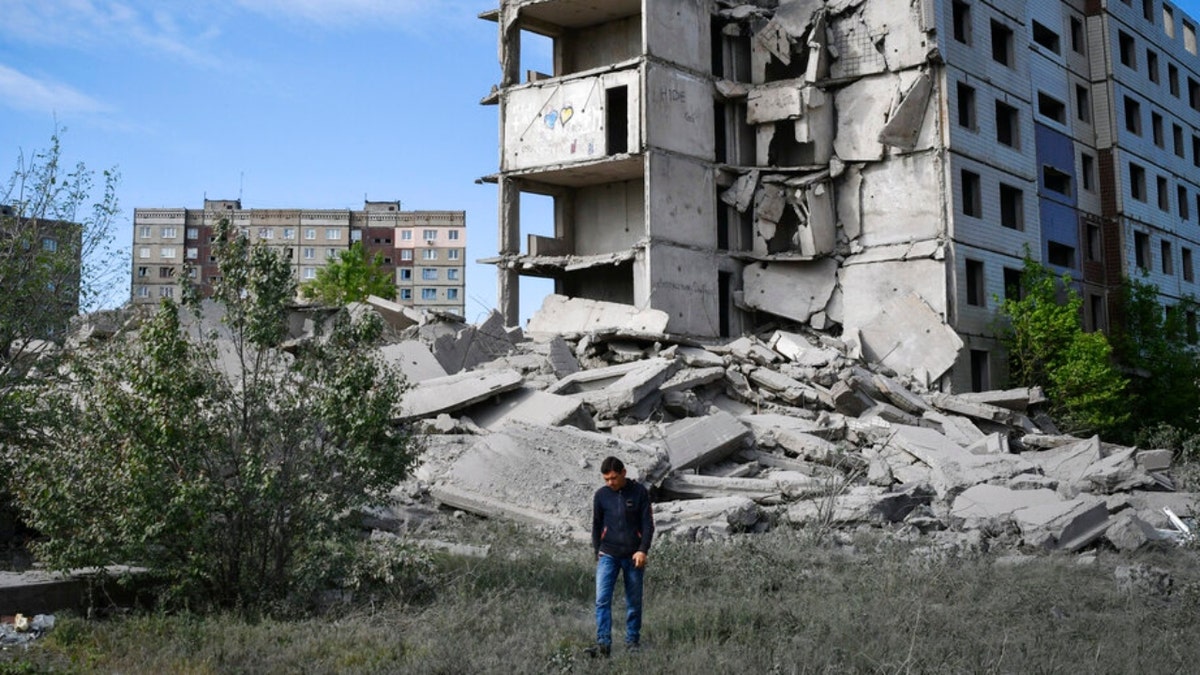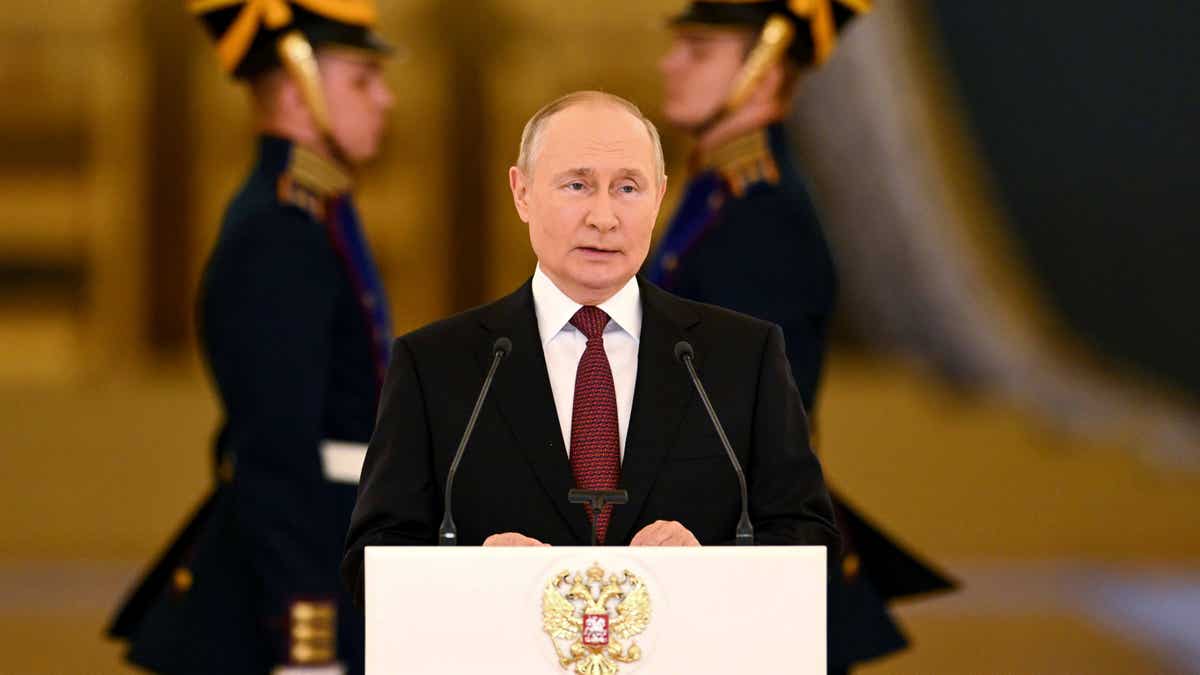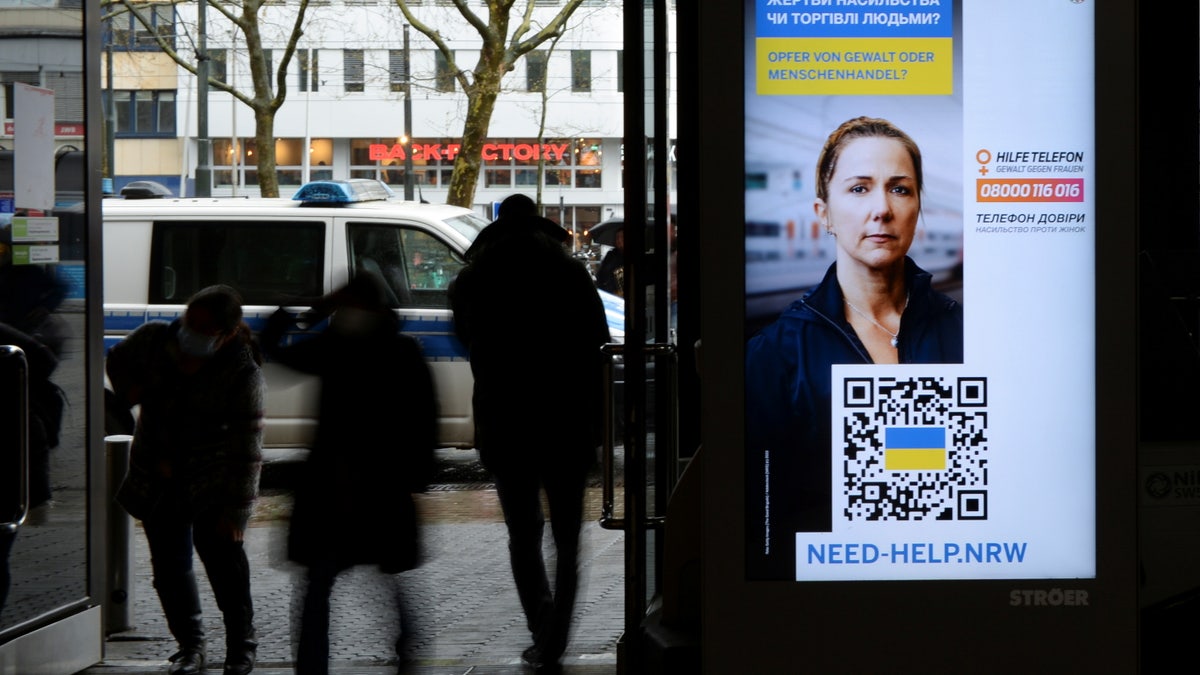Piers Morgan: Other European countries have to stand up to Putin
Fox Nation host Piers Morgan reacts to rockets hitting Kyiv and the need for more nations to stand up against Putin
Russia’s war in Ukraine is having a profound impact across Europe as energy prices soar and an anticipated cold winter draws near. That pain is reportedly being felt hard in the Czech Republic, an eastern European country that is particularly sensitive to Russian aggression and has been very supportive of Ukrainian resistance.
Yet some observers fear the realities of confronting Russia and forcefully backing Kyiv are setting in among the population.
"It will be a difficult winter ahead for centrist European governments, and it’s important that Europe is able to maintain solidarity to combat the energy and cost-of-living crisis amid Russia’s weaponization of energy," Paddy Ryan, assistant director of European energy security at the Atlantic Council, told Fox News Digital.
Late last month, thousands took to the streets in Prague’s Wenceslas Square to voice opposition to the Czech Republic’s handling of the energy crisis stoked by the war in Ukraine. Angry protesters called for the resignation of Prime Minister Petr Fiala and his western-oriented coalition government. The protests included an overlap of the far right and far left, a strong indicator of the angst mounting as winter approaches.
EUROPEAN GOVERNMENTS, CITIZENS GEAR UP FOR WORSENING ENERGY CRISIS
Russia’s invasion of Ukraine is central to the recent turmoil roiling Czech politics. Many of the protesters are demanding the resignation of the prime minister and blame the government for joining the rest of the European Union and NATO in implementing harsh economic sanctions on Russia. Protesters claim attempts by the government to alleviate the pain are inadequate.

A building destroyed in Russian shelling in Kramatorsk, Ukraine. (AP Photo/Andriy Andriyenko)
This is not the first time the government has faced stiff opposition over the growing energy crisis. In early September, Fiala's ruling coalition narrowly survived a parliamentary vote of no confidence, showing that people’s disaffection with the high price of electricity and natural gas will remain a potent political issue.
While protesters may blame their government for the high price of energy and overall inflation, Russian President Vladimir Putin’s coercive decision to cut gas supplies to Europe is a major factor in the skyrocketing prices.
"The Kremlin is coupling this overt energy warfare against the E.U. with its disinformation tactics attempting to amplify these concerns among European electorates, where Moscow's objective is to sow division and dissent across Europe in an effort to get Western capitals to drop their support for Ukraine, especially as the Russian military continues to suffer defeats on the battlefield," Benjamin L. Schmitt, senior fellow at the Center for European Policy Analysis, told Fox News Digital.
PUTIN'S RUSSIA CREATED EUROPE'S WORST REFUGEE CRISIS
Russia’s wartime decision to cut gas to Europe caused one of the worst energy crises in recent memory. The Czech Republic, as well as many other nations in Eastern Europe, rely almost exclusively on Russia for its natural gas. The E.U. got 39.2% of its natural gas from Russia in 2021. The Czech Republic consumes around 9.1 billion cubic meters of natural gas each year, most of which comes from Russia. A complete shutdown of gas by Russia could reduce GDP by 6% in the most vulnerable E.U. countries, according to an estimate from the International Monetary Fund.

Vladimir Putin delivering an address flanked by men in military uniforms. (Pavel Bednyakov, Sputnik, Kremlin Pool Photo via AP)
Putin’s weaponization of energy at a critical moment just before winter aims to create market uncertainty and drive up prices to poke holes in the western alliance. E.U. leaders remind the public that high energy costs are a result of Putin’s war of aggression in Ukraine and exacerbated by pandemic-related supply chain issues. The move by Putin, despite the warnings, appears to have worked in some respects as the demonstrations in the Czech Republic show.

A digital information board at the central station of Duesseldorf, Germany, sends message to female refugees who may be victims of "violence or human trafficking," March 31, 2022. (Reuters/Max Brugger, File)
CLICK HERE TO DOWNLOAD THE FOX NEWS APP
The high cost of energy is not the only issue Czech citizens must grapple with. The influx of refugees, over 400,000 Ukrainians have entered the Czech Republic since the war began on Feb. 24, adds to the frustrations felt by Czechs over their government's perceived inability to address basic life necessities.
Still, despite the growing discontent within the Czech Republic and elsewhere in the transatlantic community, support for Ukraine’s defense, in both rhetoric and security assistance, remains strong.








































